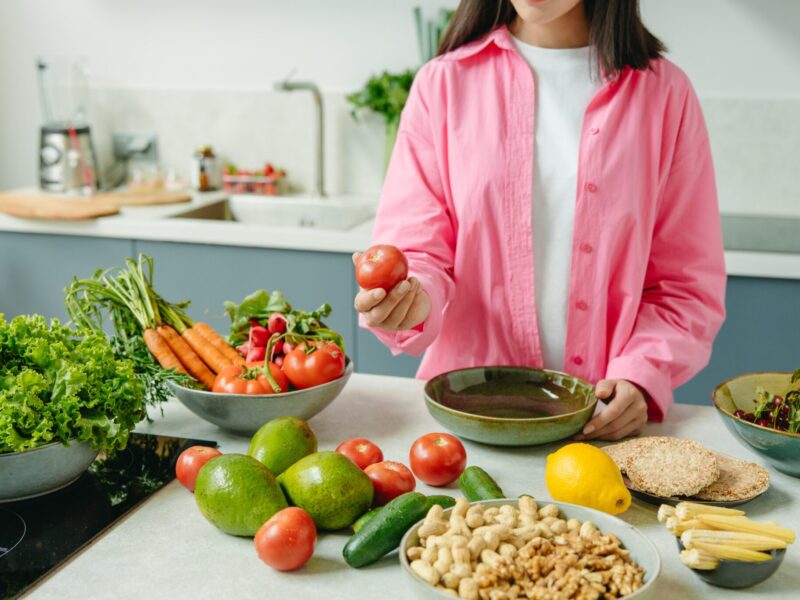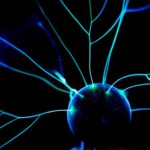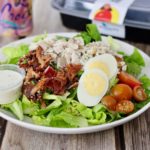The body needs constant access to nutrients to survive. The most important substances in food are proteins, fats, and carbohydrates. These materials contain stored energy reserves. The body gets energy by breaking down these nutrients. However, they are not enough for the body to grow and be healthy. Foods usually contain other substances that are important for the body – vitamins, and minerals (calcium, iron, potassium, etc.). They are needed very little, but if one is missing, you can get sick. For example, vitamin C is needed to heal wounds, and it increases the body’s resistance to infectious diseases; calcium helps in the formation of bones and teeth. According to new various scientific investigations, the organic substance nicotinamide adenine dinucleotide (NAD+) is responsible for accelerating metabolic processes in the human body and reversing aging in humans.
What is NAD+?
Nicotinamide adenine dinucleotide (NAD+) is a nucleotide containing nicotinamide as the nitrogen base. There are two important nicotinamide dinucleotides in the human body: nicotinamide adenine dinucleotide (NAD+) and nicotinamide adenine dinucleotide phosphate (NADP). NAD+ and NADP+ perform co-enzymatic, regulatory, substrate, and other important functions in the cell. NAD + and NADP + are also involved in some of the enzymes, oxidoreductases (dehydrogenases). NAD + dehydrogenases catalyze the oxidation reactions of carbohydrates, fatty acids, glycerol, and amino acids and are involved in ATP synthesis (energy production). NAD + is involved in DNA-ligase catalyzed reactions. DNA ligase is essential in the process of replication (doubling of genetic material) and repair (the reaction that restores the structure of damaged DNA molecules in cells). In the absence of NAD +, rapidly regenerating tissues may be impaired in cell division processes (e.g. skin, mucous membranes, etc.).
Natural ways to boost NAD+ in our bodies
One of the most effective ways to boost NAD+ levels in our organisms is related to the NAD-rich food diet. According to various scientific articles, a huge amount of carbohydrates and saturated fat in our ration can induce an accumulation of NADH and reduce the amount of NAD+. High energy levels cause a decrease in NAD+, in situations when enormous amounts of calorically rich food are eaten. Calorically rich food includes saturated fat-rich and sugar-rich foods. This additionally leads to increased blood sugar and insulin levels, decreased NAD+ levels, and increased formation of ROS (Reactive Oxygen Species), which cause oxidative stress and oxidative damage. The link between metabolism and NAD+ is strengthened by the scientifically proven fact that besides overnutrition, NAD+ levels decrease also with obesity. To increase the NAD+ levels, we need to decrease caloric intake. In order to achieve this goal, we should start fasting or reduce our portions and, of course, use supplements with NAD+ precursors or eat more food, which contains a high amount of NAD+ or precursors of NAD+, for instance, NMN (Nicotinamide mononucleotide) or vitamin B3.
Fasting

Supplements
Supplementation with NAD+ precursors activates sirtuins and oxidative metabolism resulting in the protection against high-fat diet-induced obesity improved glucose tolerance, and lipid metabolism. One of the most efficient supplements are NMN supplements. NMN is rapidly converted to NAD+ in our cells. In numerous studies, supplementation with NMN has increased NAD+ biosynthesis, suppressed age-related inflammation, enhanced insulin action, improved mitochondrial function, improved neuronal function in the brain, and more.
Food rich in NAD+
According to various scientific articles, people should eat more foods that contain Vitamin B and can increase NAD+ levels. Peanuts, avocados, poultry, fish, and sunflower seeds, are good sources of NAD+. Also, food rich in NMN, a precursor of NAD+, can boost NAD+ levels in our cells. These are 9 foods scientifically proven to be rich in NMN: broccoli, cabbage, tomatoes, avocado, edamame (Japanese soybeans), cucumber, mushrooms, beef, shrimps. It is recommended to reduce white flour, bread, and rice. Instead of these products, eat whole grains. Drinking 2-3 glasses of cow’s milk per day can help your body increase NAD+. Also, mushrooms and eggs are also good sources of vitamin B, resulting in increased production of NAD+.
References:
https://www.ncbi.nlm.nih.gov/pmc/articles/PMC7230387/
https://hello100.com/what-is-nad/
https://www.ncbi.nlm.nih.gov/pmc/articles/PMC7752291/
https://www.ncbi.nlm.nih.gov/pmc/articles/PMC7238909/
https://www.nature.com/articles/d42473-022-00002-7
Want to unlock greater wellness?
Listen to our friends over at Wellness Force Podcast to unlock your genetic potential with Dr. Ben Lynch:








 Where Can I Find Affordable Tools for Managing Spa Memberships?
Where Can I Find Affordable Tools for Managing Spa Memberships?